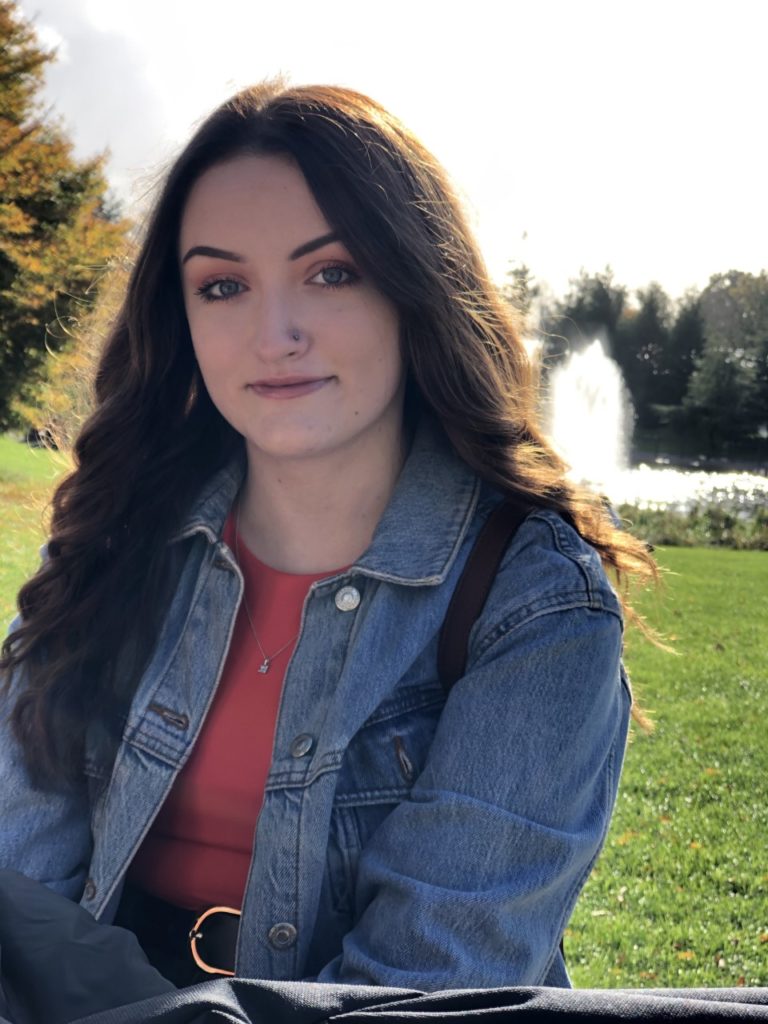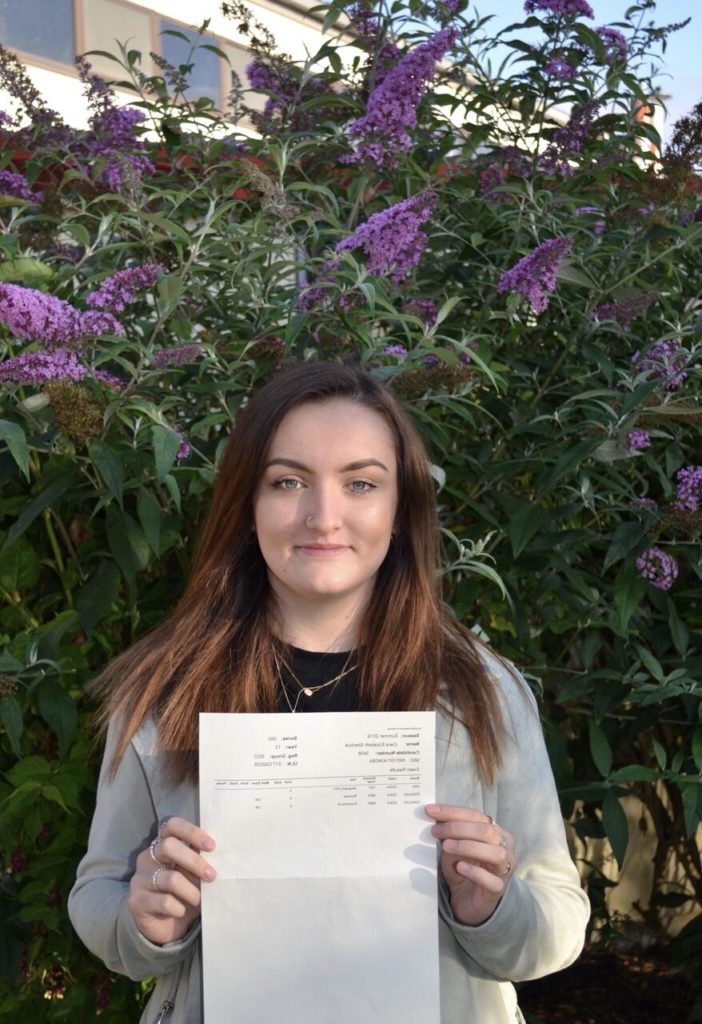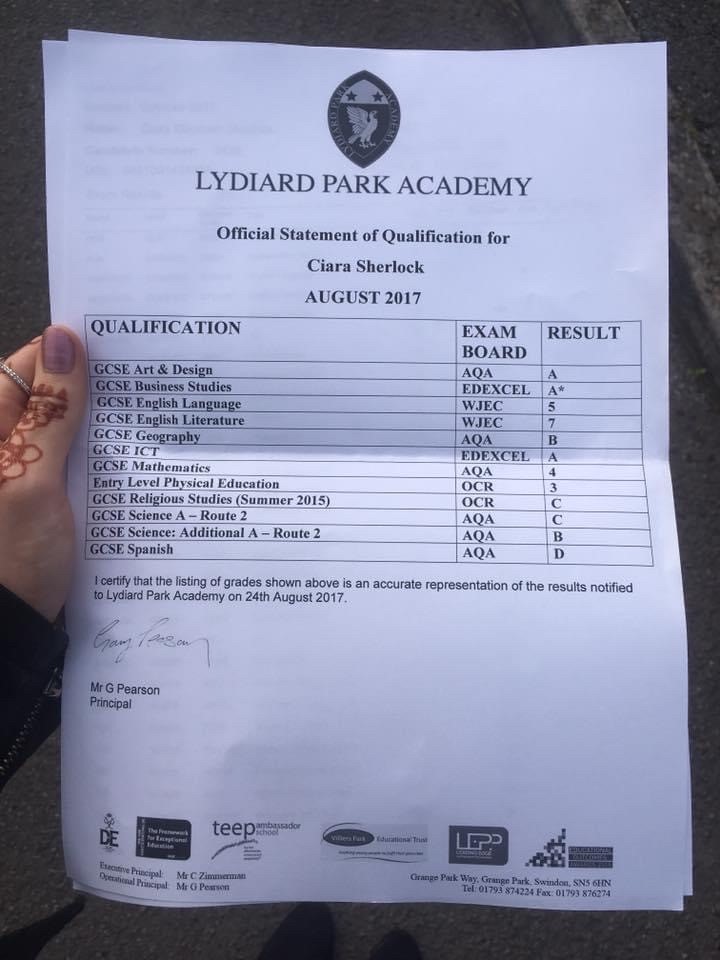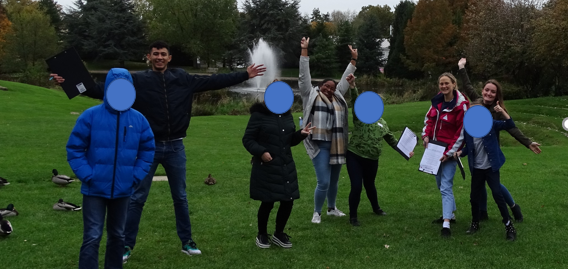Introduction
 My name is Ciara Sherlock, I am currently in my third year studying BSc (Hons) Management and on placement at SAP!
My name is Ciara Sherlock, I am currently in my third year studying BSc (Hons) Management and on placement at SAP!
I am writing this blog in the hope it makes other students aware of the support available for learning disabilities and that it is never too late to get diagnosed.
I am currently 21, but I was diagnosed at 20 years old in my second year, the second semester of university. I will be writing numerous blogs about my journey, and I am open to questions so feel free to leave comments or reach out via LinkedIn.
Before you begin reading, please note, everyone's experience of getting diagnosed will be different, my background, my ability, and my needs will be very different to you.
This blog is meant to demystify the process of being diagnosed and tell you that I understand the nerves and the worry that you could go through the whole process, and end up with no diagnosis. But if you are to take one thing away from this blog is, that it’s better to know. I put it off for years when I could’ve been getting support.
As said by Nike, just do it!
On another note, I am a recipient of the Gold Scholarship Programme and classify as a low-income student which meant I was eligible for funding support. However, there is financial support available for the cost of a Diagnostic assessment. For more information about this please click here, so please do not be put off by the cost. The University will help you in any way they can.
I have wrote a separate blog about applying to the Hardship Fund for my Dyslexia diagnosis here: My experience of using the Hardship Fund.
What made me think I had Dyslexia?
 I have always struggled academically, in subjects like Mathematics and English. Now Dyslexia doesn't always present itself in the common stereotypes that you probably know. It's not always writing your letters backwards, getting bad grades, not being able to read. For me, the 'symptoms' were very subtle and throughout my education, my teachers never really noticed it because I got relatively average grades during primary school, secondary school, and sixth form.
I have always struggled academically, in subjects like Mathematics and English. Now Dyslexia doesn't always present itself in the common stereotypes that you probably know. It's not always writing your letters backwards, getting bad grades, not being able to read. For me, the 'symptoms' were very subtle and throughout my education, my teachers never really noticed it because I got relatively average grades during primary school, secondary school, and sixth form.
But behind closed doors, I really struggled to improve in school. I was very self-conscious over my grades and my ability because I observed my peers and everything just seemed to click for them. However, going unnoticed most people just find a way around it, even if that means doing 100x more work than others, you just find a way to persevere.
 I think what really frustrated me was during GCSEs I had two maths tutors and understood everything in class, but in the exam, I just couldn't perform. It felt like it was in a different language, almost like someone was deliberately trying to make me fail. Despite working on it for years, my grades never improved, and I got a 4(C) in Mathematics and a 5(C) in English Language. Although these were not high enough for Sixth Form or University entry, I decided it was not worth the stress or struggle to retake these.
I think what really frustrated me was during GCSEs I had two maths tutors and understood everything in class, but in the exam, I just couldn't perform. It felt like it was in a different language, almost like someone was deliberately trying to make me fail. Despite working on it for years, my grades never improved, and I got a 4(C) in Mathematics and a 5(C) in English Language. Although these were not high enough for Sixth Form or University entry, I decided it was not worth the stress or struggle to retake these.
This put me at a significant disadvantage for applying to university, but I was fortunate to take part in the outreach programme at the University of Bath called 'On Track to Bath' which allowed students with grades like mine to have the opportunity to obtain an alternative offer. To read more about my experience of this outreach programme read my blog: All you need to know about On Track to Bath
Since coming to University, I immediately went to the Skills Centre to get writing tutorial support to help me transition to university-level writing. To read more about Mackyla and my experience of using the writing tutorials here at Bath, head over to this blog: Our writing tutorial experience: the benefits
However, it wasn't until I mentored two dyslexic students as part of my volunteering for the charity 'IntoUniversity', that I realized many of the things they struggled with, I did too. Many of the tricks that helped me survive secondary school, were working for them. But, not even that pushed me to seek help. I guess I had this fear of not being 'severe' enough and the diagnosis coming back negative.
What really pushed me was a remarkable conversation with two other Gold Scholars within the Gold Scholarship Programme at a networking event, where we spoke about the process of getting diagnosed with the University's support. This helped me take the final leap into this journey.
Another thing that pushed me, was the challenges I was facing during the application process for my placement year. As you may have experienced, some employers put tests to filter through applicants. These tests felt near enough impossible and severely impacted my mental health as I felt like a failure. After being diagnosed, and disclosing it during other applications, I realise those tests aren’t suitable for dyslexic students and there are alternative options for testing my ability as a candidate.
So that's a very quick run-through of how I got to this stage, my next blog will be on the process of getting diagnosed.
Respond


